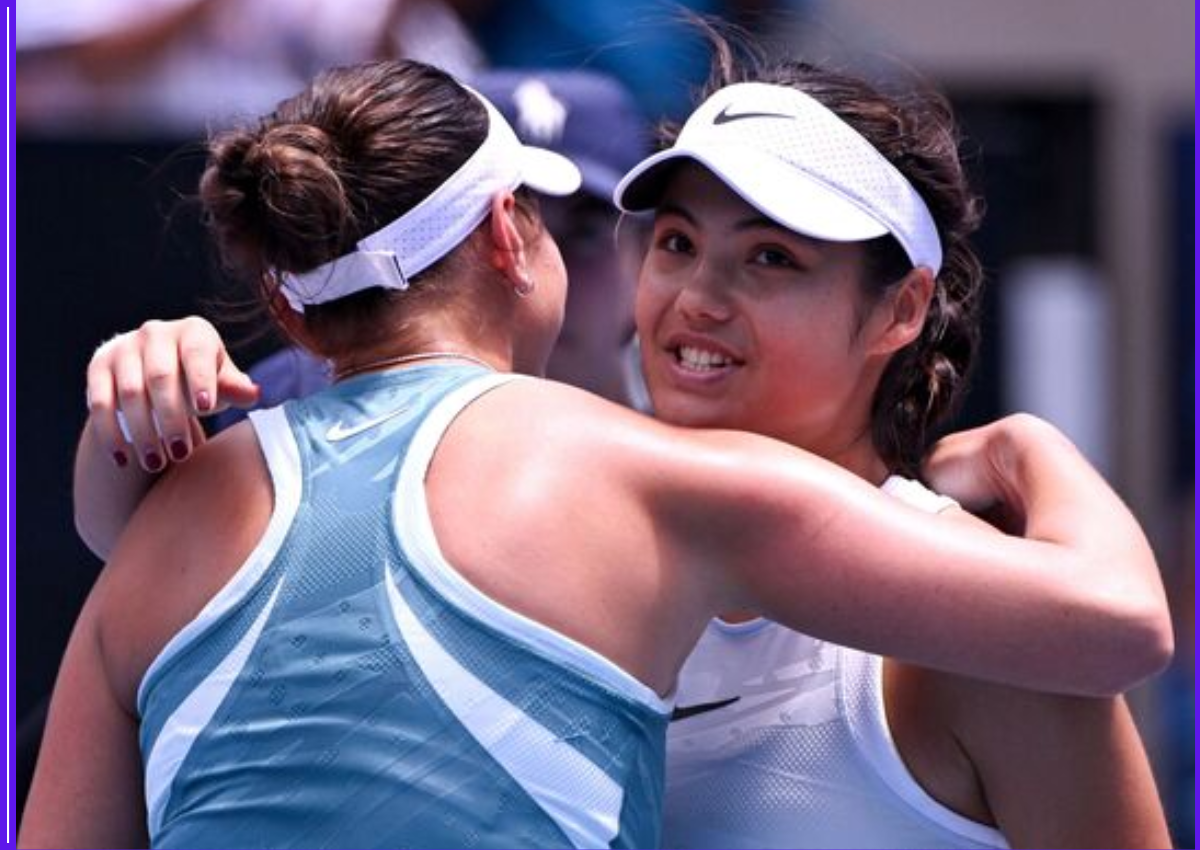Divya stated that although male players were commended for their performance, female players were assessed on factors unrelated to their chess abilities.
Divya Deshmukh, an 18-year-old Indian chess player, spoke out about sexism and misogyny in the sport during the Tata Steel Masters event in Wijk Aan Zed, Netherlands. In an Instagram post, the young International Master discussed the treatment of female chess players at the competition.
“I’ve wanted to address this for a long, but I was waiting for my tournament to end. I was informed, and I realised, that women in chess are generally taken for granted by spectators,” said the Nagpur player, who won the Asian women’s chess tournament last year.
“Most recent example of this on a personal level would be in this tournament, I played a few games which I felt were quite good and I was proud of them. “I got told by people how the audience was not even bothered with the game but instead focused on every single possible thing in the world: my clothes, hair, accent, and every other irrelevant thing,” she wrote in an Instagram post on sunday.
Deshmukh finished 12th in the Challengers division, losing to Leon Luke Mendonca in the 13th and final round with a score of 4.5. The intricate match might have gone any way, but Divya was the first to make a mistake, capturing the wrong player in the middle game.
The adolescent said that whereas male players received attention only for their game, female players were graded on factors unrelated to their chess prowess. “I was quite upset to hear this and I think is the sad truth that people when women play chess they often overlook how good they actually are, the games they play and their strength,” she went on to say.
“I was pretty upset to see how everything was addressed in my interviews (by the audience) except for my games; very few people paid attention to it, which is rather disappointing.
“I felt it was unfair in a way because if I go to any guy’s interview there would be way less judgement on a personal level, actual compliments about the game and the player,” she went on to say.
Despite advancements in women’s sports in terms of pay scale, female athletes continue to face discriminatory attitudes and are frequently queried about their clothing.
According to Deshmukh, female players are generally underappreciated and frequently face hostility.
“…any insignificant item is picked on and criticised, whereas men would probably get away with the same things. I think women endure this on a regular basis, and I’m just 18. I’ve received a lot of criticism and anger over the years for things that don’t really matter. “I believe women should be treated equally,” she remarked.









